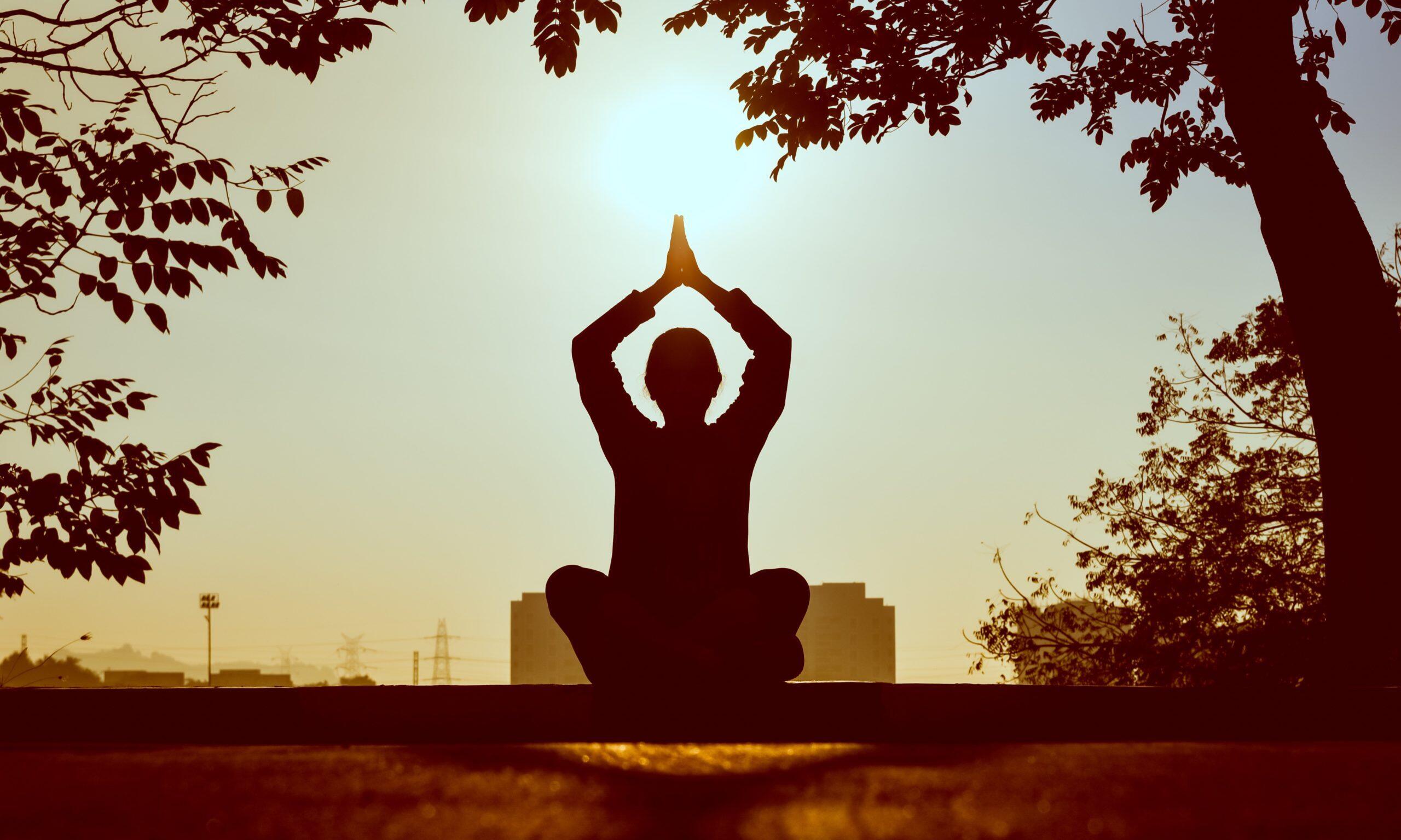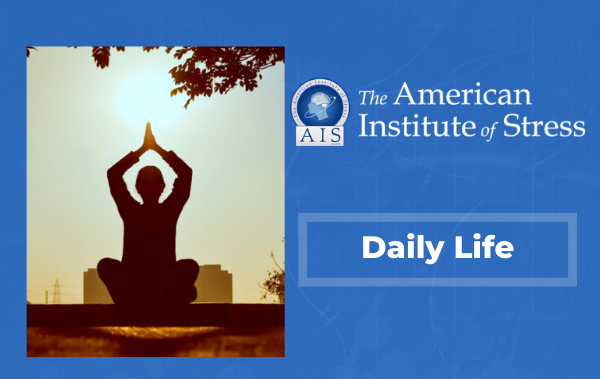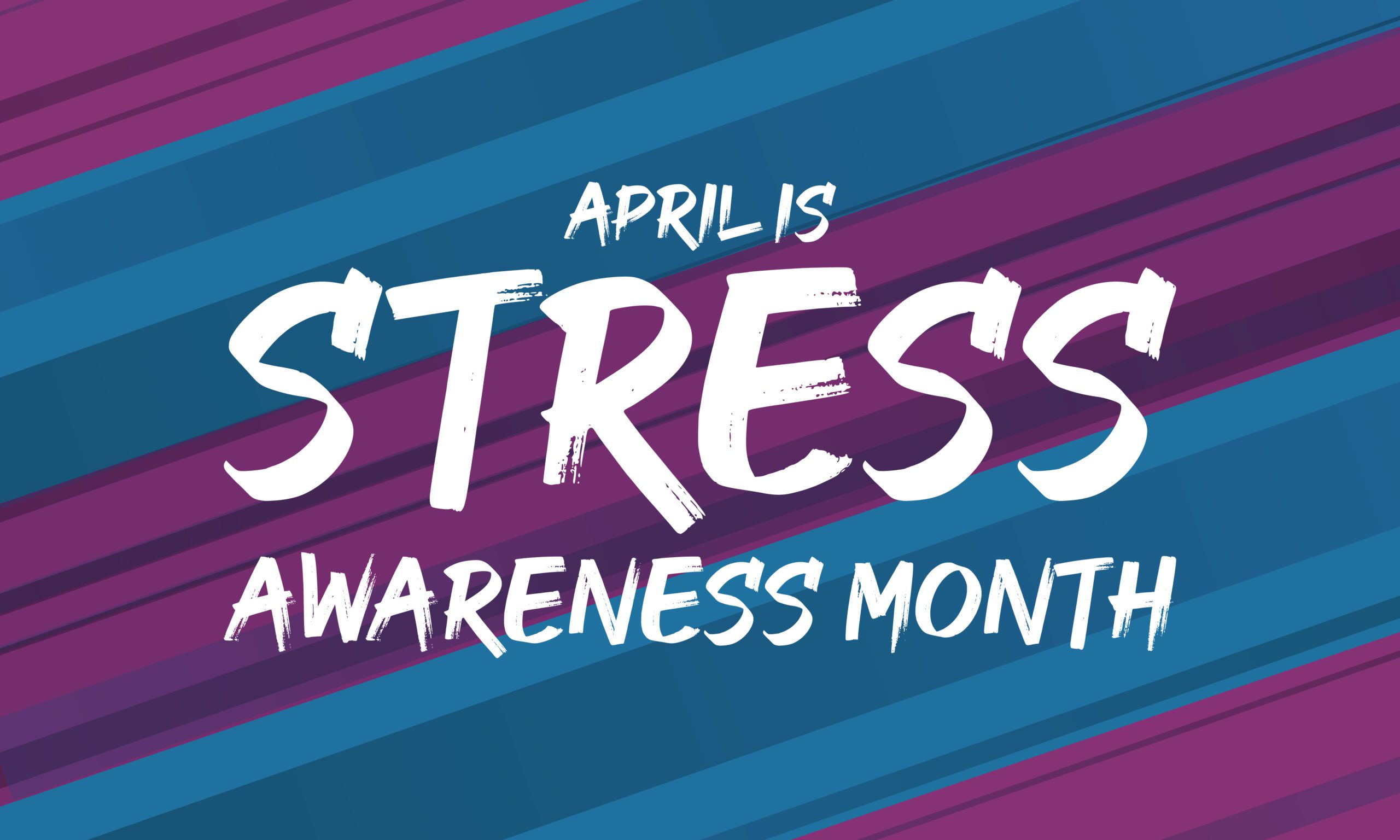
Meditation for Beginners
The word meditation is an open door. There are different ways of practicing it, which can also be traced back to ancient rituals and philosophies. However, for the most part, they all serve the same purpose, namely to reach different states of consciousness and to live in the present moment. It increases well-being and develops a sense of fulfillment in life. Beginners in meditation will quickly see the results.
The practice of Yoga is a conduit to meditation. The completely guided practice through asanas, breathing exercises, repetition of mantras, aims or prepares the different bodies (mind, body, and spirit) to reach states of meditation and awareness. When done repeatedly, it leads to a transformation that brings benefits in mental and physical aspects.
Let Go of Expectations
If you are just starting out, or want to try meditation, it is important to have no expectations, and never think about whether you are practicing well or not. It takes time to learn to relate to your mind, to your thoughts and to let them decant. It takes discipline to keep practicing. There are also different tools where you can help yourself. For example, today there are apps with guided meditations. Attending a yoga studio, meditations, even taking an online course on meditation, like MUIH Professional and Continuing Education’s Meditation for Everyone Masterclass, can help a little more to understand meditation. Over time you will experience, what suits you best and what you feel comfortable with, the journey itself is the goal, not the outcome.
How to Begin Meditation?
Create the habit of setting aside 30 minutes a day for meditation practice.
Create a comfortable space where you can sit and dedicate some time to yourself. Have a space to sit in silence, recognize, and learn your breath. Remember that the most important space to take care of is your inner space. Wear comfortable clothing.
Having cushions and a mat can create comfort. If you sit in meditation posture, make sure your hips are higher than your knees. You can keep your eyes closed, put your inner sight in the middle of your forehead, shoulders away from your ears, back straight, all these practices help you to concentrate on your breathing. Recognize the length of your inhalation and your exhalation.
Another common way to practice meditation is to go for a walk and begin to recognize your steps; where you’re looking, your breathing, what you hear and perceive. This is the beginning of building the foundation for mindful meditation practice.
Chanting mantras or repetitive prayers are also ways to focus and exercise your mind and empty it of thoughts. This exercise can help you to increase your concentration and be present in the moment.
What Do You Gain from Beginning Meditation?
The practice of meditation has many benefits, such as mental and physical changes. After a few sessions, it can reduce blood pressure, anxiety and depression, insomnia, and help the digestive system. Practicing meditation can be very helpful in the release of stress.
Start living mindfully and focus on the present moment. For example, savoring more when you eat, or simply looking at and appreciating nature. Your level of perspective on life will increase; this allows you to make better decisions.
Increase imagination and creativity. Discovering new hobbies, enjoying art, and finding new opportunities can be stimulated through meditation. It boosts productivity and helps you stay focused.
When you practice yoga, you also experience meditation and openness. It is a good discipline to allow negative emotions to pass by. This helps to eliminate blockages in your body to prevent future pain and emotional and physical imbalances. It relaxes and releases tensions in your muscles.
Meditation for beginners, and for everyone, is an empowering practice, it helps you cultivate acceptance, and with constant practice, your brain will be trained, and you will learn to cultivate patience, tolerance, and resilience. It will help you overcome and adapt to different challenges and situations in life.
With discipline, you learn to create an inner connection. This means that your intuition and sense of perspective will become more evident, developing the ability to listen to your inner self, following your calling or rediscovering your purpose, slightly redirected to achieve what you are meant to do or live in life.
The habit of daily meditation will help you develop the habit of self-care. Having time to listen to your inner voice, integrate your learning, create a sense of responsibility, and grow in many aspects of life.
Next Steps to Learning Meditation
For the next step, take a deep dive into a personal mindfulness and meditation practice while developing the teaching skills to share with others. To learn more about how to find a mindful Meditation practice for you and your clients and patients, join our online, self-paced Professional and Continuing Education (PCE) Meditation for Everyone Masterclass. Certified by the American Institute of Stress, this experiential course provides hands-on practice for a wide variety of meditation styles. You can incorporate these into your daily life or your clinical practice.
Learn more and enroll at Learn more and enroll at https://ce.muih.edu/browse/ce/ais/courses/meditation-for-everyone-masterclass-ais-cohort


